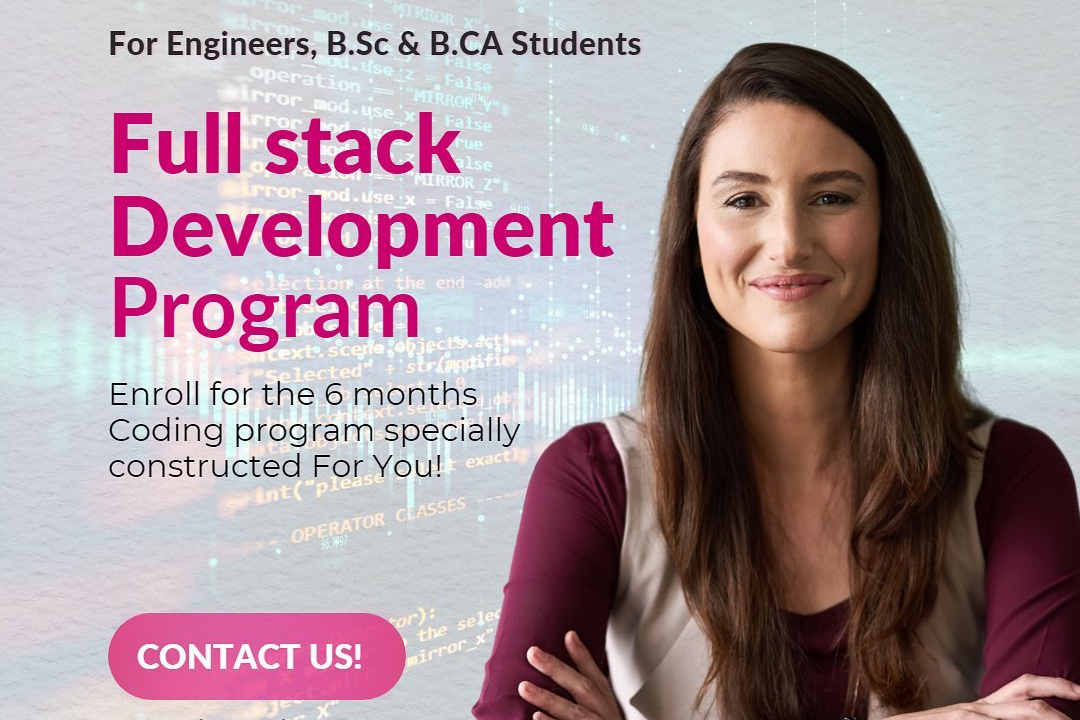How Much Time to Learn JavaScript
Estimating the Time Needed to Learn JavaScript
How Much Time to Learn JavaScript
Learning JavaScript can vary depending on your existing knowledge and the amount of time you can dedicate to studying it. However, with consistent practice and guidance, you can expect to grasp the fundamentals of JavaScript within a few weeks to a few months. JavaScript is one of the most widely used programming languages, especially for web development, making it a valuable skill to learn. Mastering JavaScript can open up opportunities to create interactive websites, develop web applications, and even pursue a career in software development. Its versatility and popularity in the tech industry make it a highly useful language to add to your skill set.
To Download Our Brochure: https://www.justacademy.co/download-brochure-for-free
Message us for more information: +91 9987184296
1 - Learning curve varies: The time it takes to learn JavaScript can vary depending on a person's prior programming experience, their dedication to learning, and the complexity of the concepts being covered.
2) Foundational knowledge: Students should have a basic understanding of programming concepts before diving into JavaScript to expedite the learning process.
3) Focus on fundamentals: It is essential to grasp the core concepts of JavaScript, such as variables, data types, functions, and control flow, before moving on to more advanced topics.
4) Practice makes perfect: Regular practice and hands on coding exercises can significantly enhance one's understanding and mastery of JavaScript.
5) Project based learning: Engaging in practical projects can help students apply their theoretical knowledge and gain real world experience in JavaScript development.
6) Online resources: Leveraging online tutorials, courses, and coding platforms can supplement traditional learning methods and offer additional support for students.
7) Interactive learning: Interactive coding environments and tools can facilitate a more immersive learning experience and enable students to test their code in real time.
8) Peer collaboration: Encouraging collaboration and peer to peer learning among students can foster a supportive learning community and provide opportunities for knowledge sharing.
9) Continuous learning: JavaScript is a dynamic language with constant updates and new features, so promoting continuous learning and staying updated with the latest trends is crucial.
10) Mentoring and guidance: Providing access to experienced mentors or instructors who can offer personalized guidance and support can help students overcome challenges and accelerate their learning.
11) Roadmap to success: Creating a structured learning path with clear objectives, milestones, and assessments can help students track their progress and stay motivated throughout their JavaScript learning journey.
12) Debugging skills: Teaching students how to debug JavaScript code effectively is essential for troubleshooting errors and understanding the language more deeply.
13) Documentation and resources: Familiarizing students with JavaScript documentation and other learning resources can empower them to tackle complex problems and enhance their problem solving skills.
14) Soft skills development: Emphasizing the importance of soft skills such as communication, teamwork, and time management can enhance students' overall learning experience and prepare them for future career opportunities.
15) Real world applications: Illustrating how JavaScript is used in web development, mobile app development, game development, and other fields can inspire students and demonstrate the practical relevance of learning the language.
Browse our course links : https://www.justacademy.co/all-courses
To Join our FREE DEMO Session: Click Here
Contact Us for more info:
Azure Kubernetes Service Tutorial
Manual Interview Questions
Flutter vs kotlin
Selenium Coding Interview Questions
ASP NET and NET Difference











